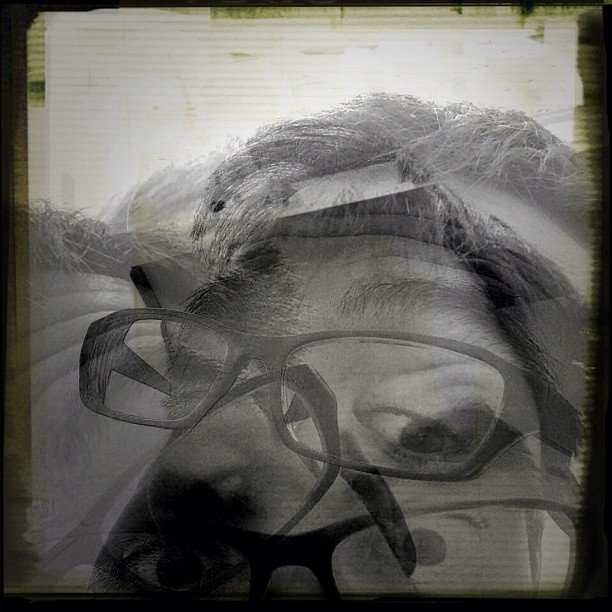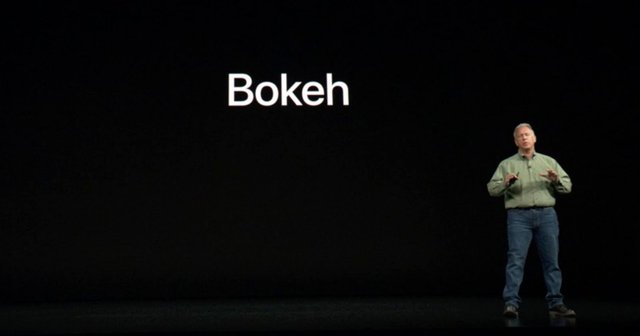How to Say "Bokeh" and the Pronunciation of Loanwords
The impetus for this post comes from this short rant by Allen Murabayashi, in which he attacks Phil Schiller for his pronunciation of bokeh and asserts we should all be pronunciation it as in Japanese boh-keh.
With his last name, I assume Allen is either a decent of Japanese immigrants or maybe is a first generation immigrant who has adopted an English first name to make life easier (I know many Japanese who have done this). Whichever the case may be, that connection I think is making him a bit over-sensitive in this case.
I left a comment for him which hasn't been approved yet. I doubt it will be approved. I don't read his site often, but I do see posts from Allen on Petapixel often and he never responds to comments there. At any rate, I wrote:
I disagree with your premise, but then again I do kind of agree in this case. Let me explain.
I understand where you are coming from. I have lived in Japan for 15+ years, have Japanese kids, speak Japanese. So whenever people mispronounce Japanese words it grates on me a bit. (also when people pluralize Japanese words, it has the same effect... "samurais" just sounds so wrong as to make me irritated).[1] So I understand your feelings here.
But we have to recognize English is not Japanese. When a language takes a loanword, the pronunciation or spelling (or both) of that word should be changed to fit the rules of the new language. I may cringe when English folks say karaoke, but the English pronunciation is trying to use English pronunciation rules instead of Japanese, making it the correct way to say it.[2] People like me with some knowledge of Japanese may cringe, but we have to accept it. Expecting English speakers to instinctively know Japanese pronunciation rules and follow them is nuts. Are English speakers to learn the pronunciation rules for every language from which we take loanwords?
Now having said all that, Schiller's pronunciation was a little odd. Bokeh. Most Americans I've talked to either tend to over-emphases the vowels, making them diphthongs but otherwise say it correctly (Something like "bow-kay) or they ignore the "h" and pronounce it "boke". I understand Schiller has been a serious amateur photographer for years, so I am kind of surprised he hasn't heard the typical American pronunciation, but oh well.
What do you guys think? Should English speakers be expected to pronounce all loanwords as they are pronounced in their original language? Or should we adapt the pronunciation of loanwords to English rules (as we do with karaoke)? Let me know your thoughts in the comments.
Footnotes
The dictionaries I've checked claim both adding the -s for the plural form and not adding it are both ok for many Japanese loanwords. And I see Japanese loanwords both ways in print in English. Still, I cringe a little every time I read "haikus".
In Japanese it is kah-rah-oh-keh, which is quite different how we say the word in English.
❦
 | David LaSpina is an American photographer lost in Japan, trying to capture the beauty of this country one photo at a time. More? |

Bokeh, 'Bo Ke'! That's a great photography word that a lot of people aren't familiar with.
I try to pronounce words like this in the original language pronunciation, but I try not to be a stickler when it comes to correcting others.
Another good example is "gyro"... sometimes, if I order a "gyro" at a drive-thru, the person on the other end might not know what I'm trying to order until I pronounce it incorrectly. In that situation I sometimes just include both pronunciations to avoid any confusion.
Sometimes if I'm around a particularly pretentious person, I find it fun to intentionally use an ignorant sounding word pronunciation but just gloss over it with deadpan delivery, and see if they can resist taking the bait to interrupt and treat me with condescension. 😝
I confess I hadn't heard the version that rhymes with "polka" before. It's pretty ridiculous.
I have the similar problem of having had a little Japanese before encountering the word, but I really am confused at how there's any other way to say it. Like I guess it might be BOUW-KAYuh if I were doing a strong Texas accent but that's still them trying to say boke and that's just how their vowels work. It's not really pronouncing it differently like the polka version.
Karaoke seems to be legitimately hard for Americans, the a-o sequence not being one we do very often. As shown by the fact that we can't even agree on how to hack it to pieces.
I have never heard "bokuh" either and I am scratching my head at Schiller's attempt. My only guess is maybe he heard it that way sometime long ago before he knew any better and now his preference for saying it that way has become habit and he used it automatically even though he knows better. Kind of like how many old folks say "gee-sha" for geisha because that is how (as I understand it) many in the media would say it back in the 50s.
But yeah, I am the same as you. I have spoken Japanese for long enough that when I look at a Japanese loanword that has appeared in my English text, it is really difficult for me to see any way other than the Japanese way of saying it.
haha bouw-kayuh. If the Duke were a photographer.